Semiconductor Scholar for Academic Editing - AI-Powered Academic Manuscript Editor
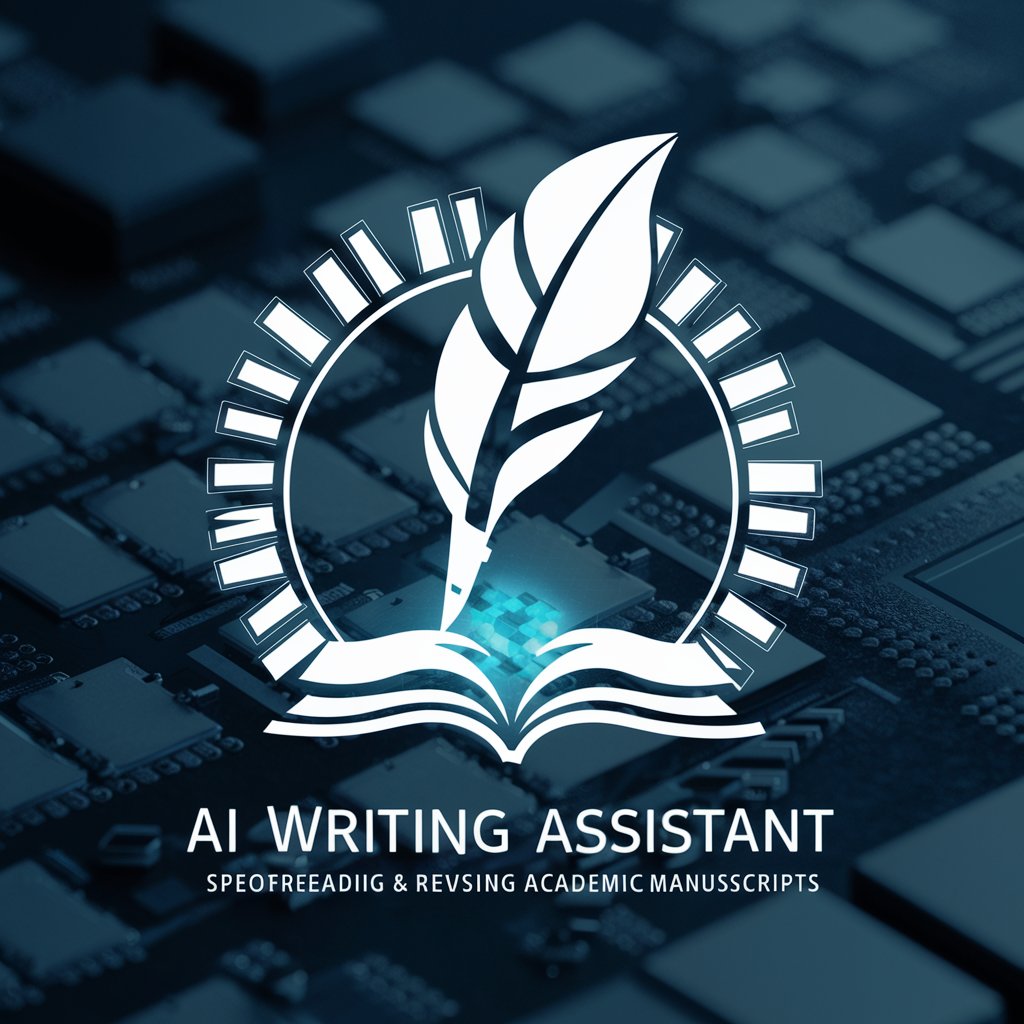
Welcome! Let's refine your academic manuscript.
Elevating Semiconductor Research through AI Editing
Refine the tone of this paragraph to sound more scholarly:
Identify and correct any grammatical errors in this text:
Enhance the coherence and logical flow of this section:
Proofread this passage to ensure it exudes a professional aura:
Get Embed Code
Overview of Semiconductor Scholar for Academic Editing
Semiconductor Scholar for Academic Editing is a specialized AI assistant designed to assist with proofreading and revising academic manuscripts in the field of semiconductors. It focuses on enhancing the clarity, coherence, and scholarly tone of manuscripts while maintaining the original structure and content. This tool is particularly adept at identifying and correcting grammatical, phrasing, and consistency errors. It also excels in refining the language to meet the high standards of academic and professional communication in the semiconductor domain. Powered by ChatGPT-4o。

Key Functions and Application Scenarios
Grammatical and Phrasing Corrections
Example
Correcting syntax errors, improving sentence structure, and ensuring proper usage of technical terminology.
Scenario
An academic researcher submits a draft on organic field-effect transistors. The tool revises complex sentences for clarity and corrects technical jargon for precision.
Tone Refinement
Example
Adjusting the manuscript to exhibit a scholarly and professional tone suitable for academic publications.
Scenario
A PhD student's dissertation on semiconductor physics contains informal language. The tool refines the tone to align with academic standards.
Coherence and Logical Flow Enhancement
Example
Ensuring that the manuscript has a logical flow of ideas and arguments, enhancing the overall readability.
Scenario
A research article on semiconductor device physics has disjointed sections. The tool restructures sentences and paragraphs to improve logical progression.
Target User Groups for Semiconductor Scholar for Academic Editing
Academic Researchers in Semiconductor Field
Researchers who are preparing manuscripts for academic journals or conferences. They benefit from specialized editing that understands semiconductor terminologies and concepts.
Students in Semiconductor Studies
Undergraduate and graduate students working on theses, dissertations, or research papers. The tool helps in ensuring their work meets the academic standards required for submission.
Technical Writers in Semiconductor Industry
Professional writers preparing technical reports, white papers, or documentation within the semiconductor industry. They benefit from the tool's ability to refine complex technical content for clarity and coherence.

Guidelines for Using Semiconductor Scholar for Academic Editing
1
Visit yeschat.ai for a free trial without login, also no need for ChatGPT Plus.
2
Upload your academic manuscript directly to the platform. Ensure the document is in a compatible format such as PDF or DOCX.
3
Select the 'Semiconductor Scholar for Academic Editing' tool from the available options to specifically tailor the AI's focus to academic manuscripts in the field of semiconductor research.
4
Review the AI's suggestions for grammatical corrections, tone refinements, and coherence enhancements. Apply the changes as you see fit to improve your manuscript.
5
Utilize the tool's feedback to learn and improve your writing skills for future manuscripts. Repeat the process as needed for continuous improvement.
Try other advanced and practical GPTs
IELTS Speaking Test Simulator
Master IELTS Speaking with AI Guidance
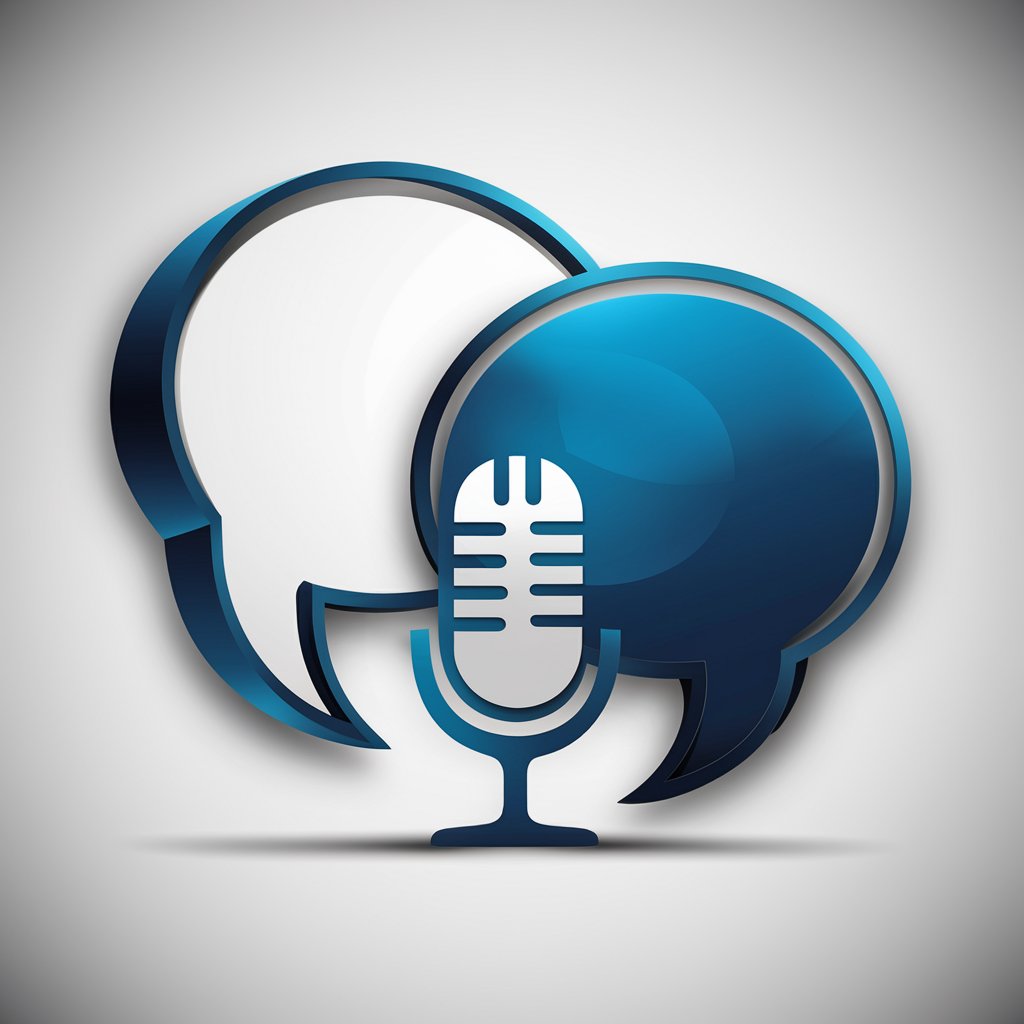
Tree Driven Interaction - Blog Post Chat Interface
AI-Powered Blog Learning Interface
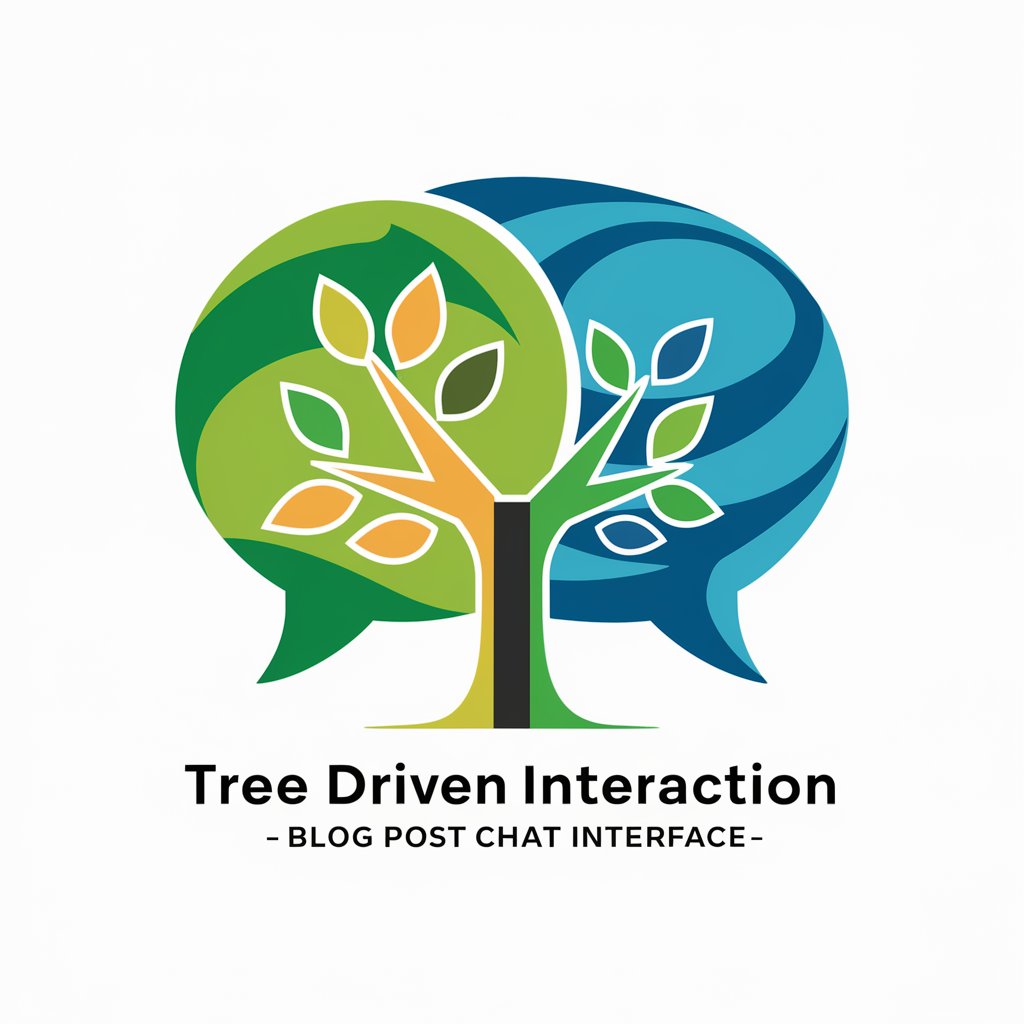
EduGPT
Empowering learning through AI
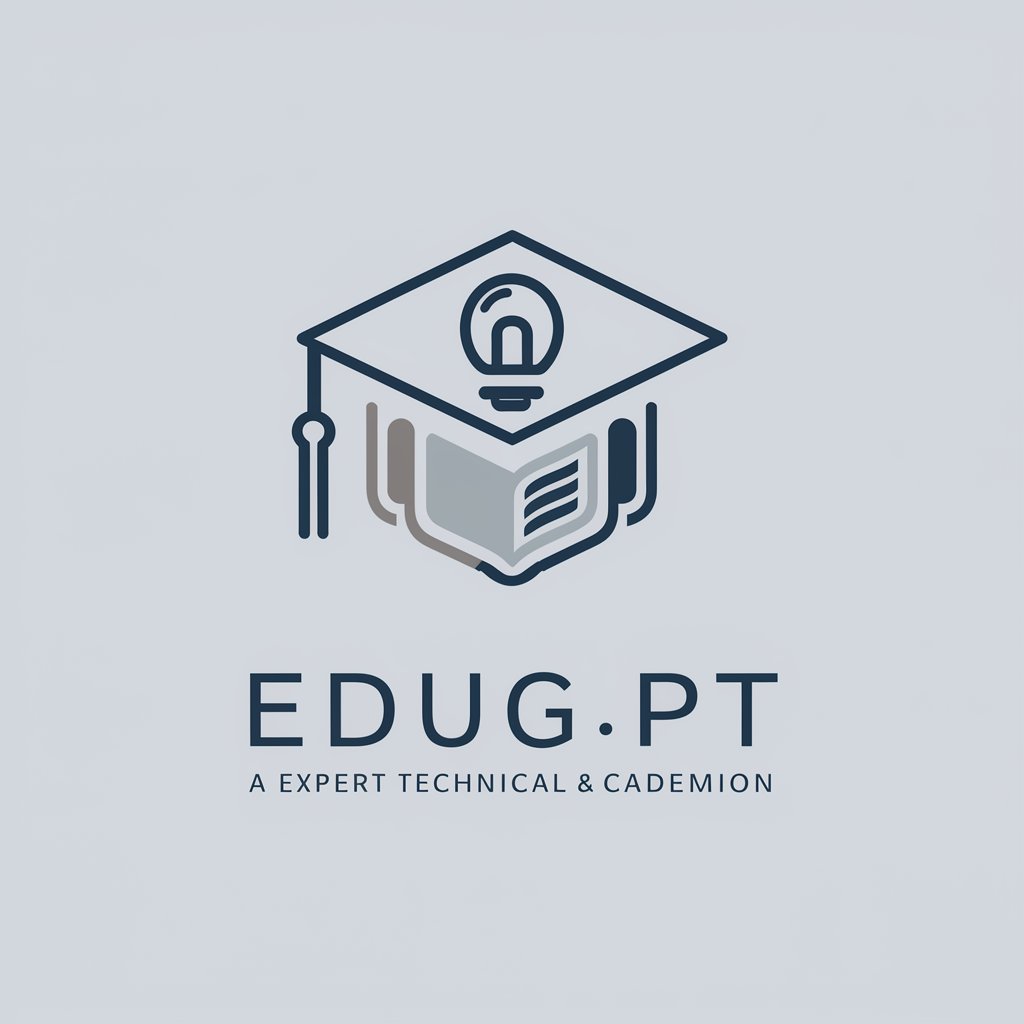
O.C.C. | Optimatet Code Compiler
AI-powered Python code perfection.
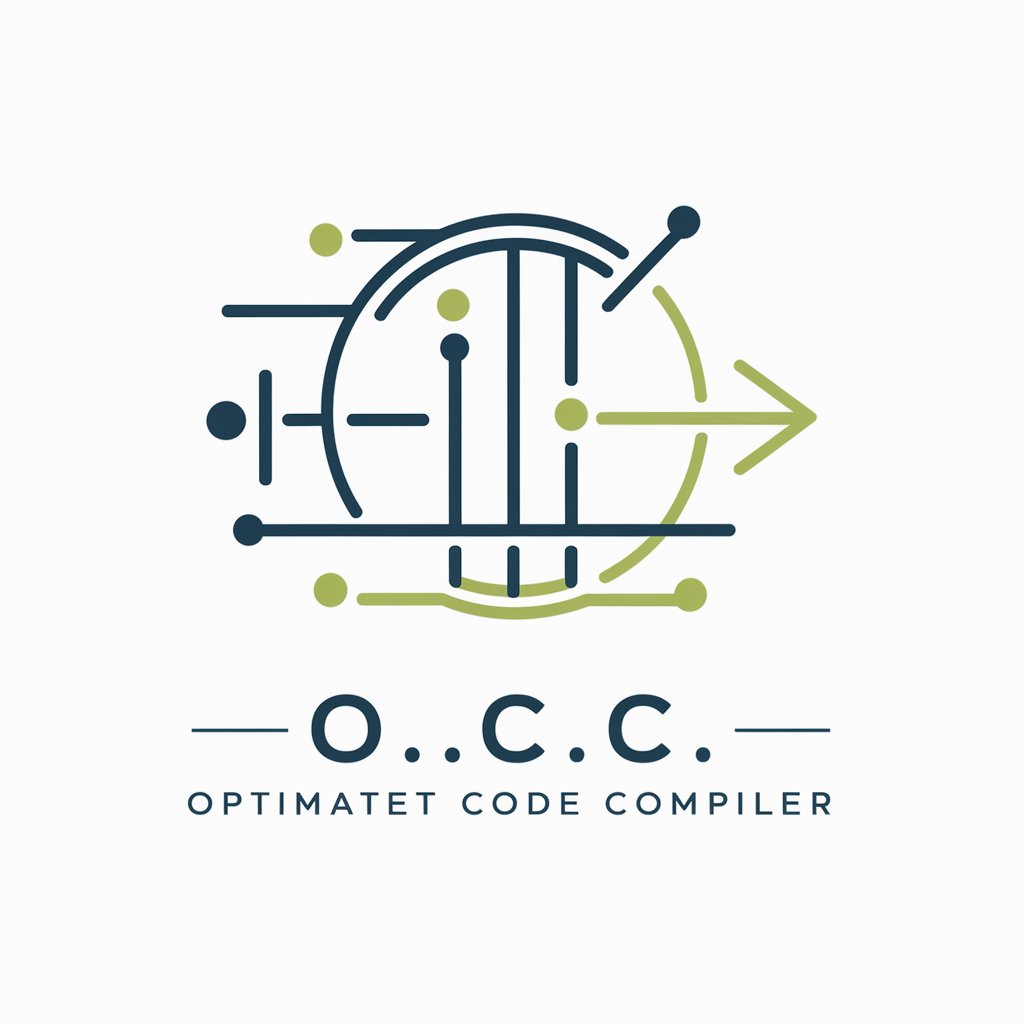
What Is This...
Discover, Identify, Understand – Powered by AI
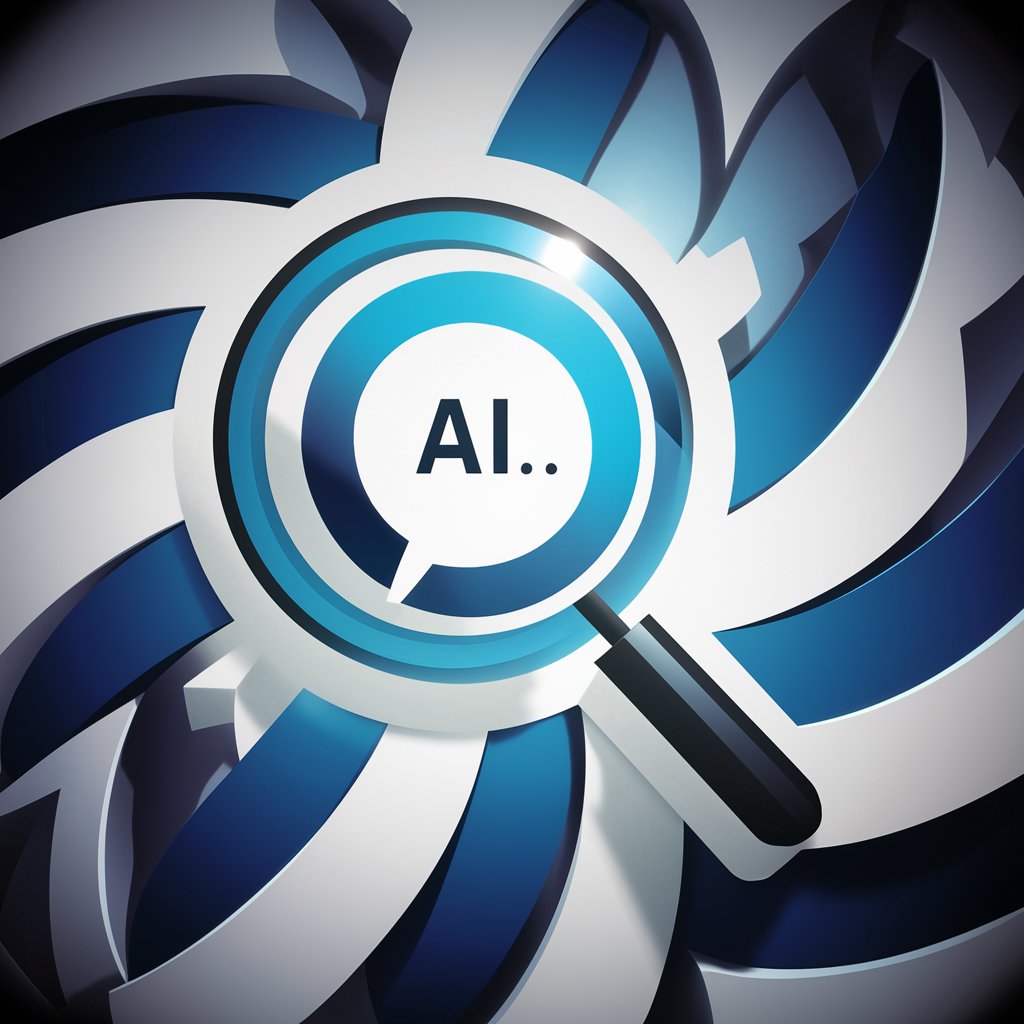
Plate Perfection for Master Chefs
Elevate dishes with AI-powered plating artistry.

Teacher
Empowering Your Learning Journey with AI
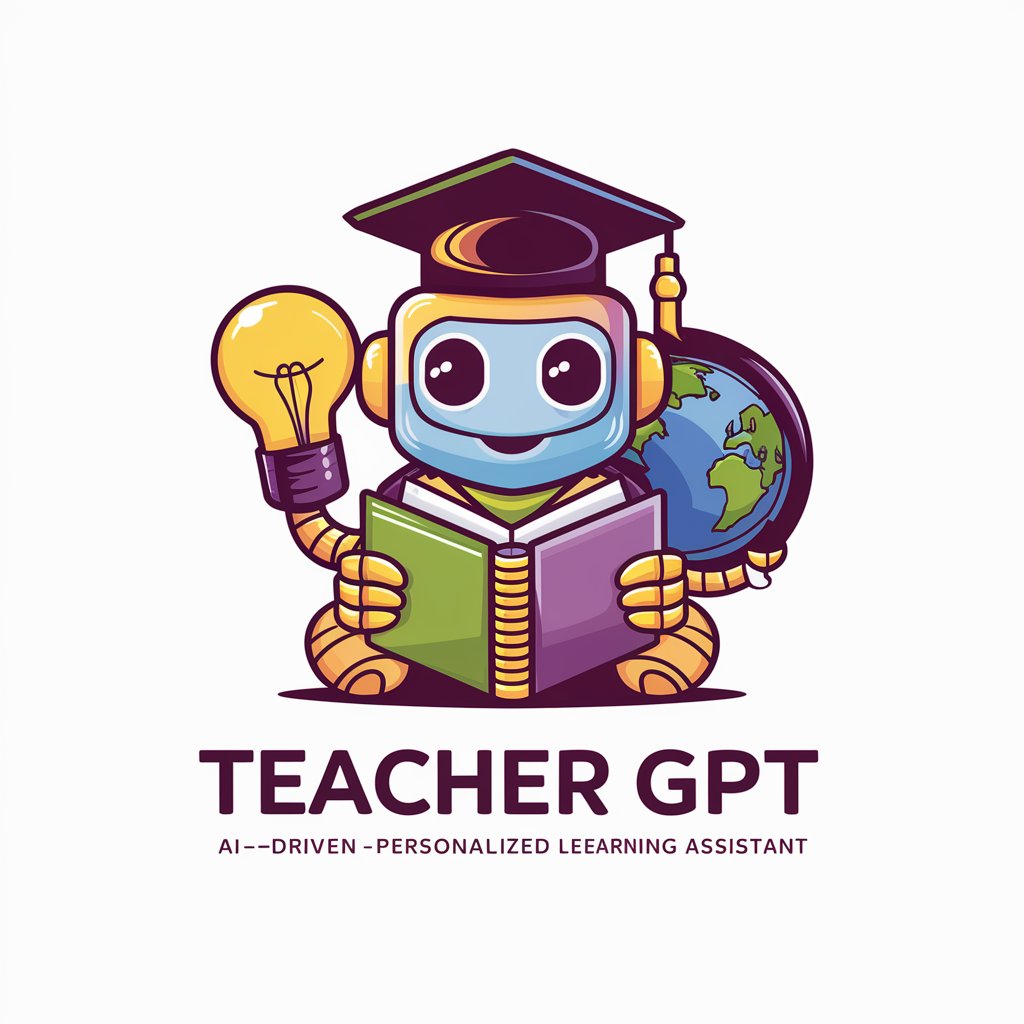
Colab Code Crafter
Streamlining Code Creation with AI Precision
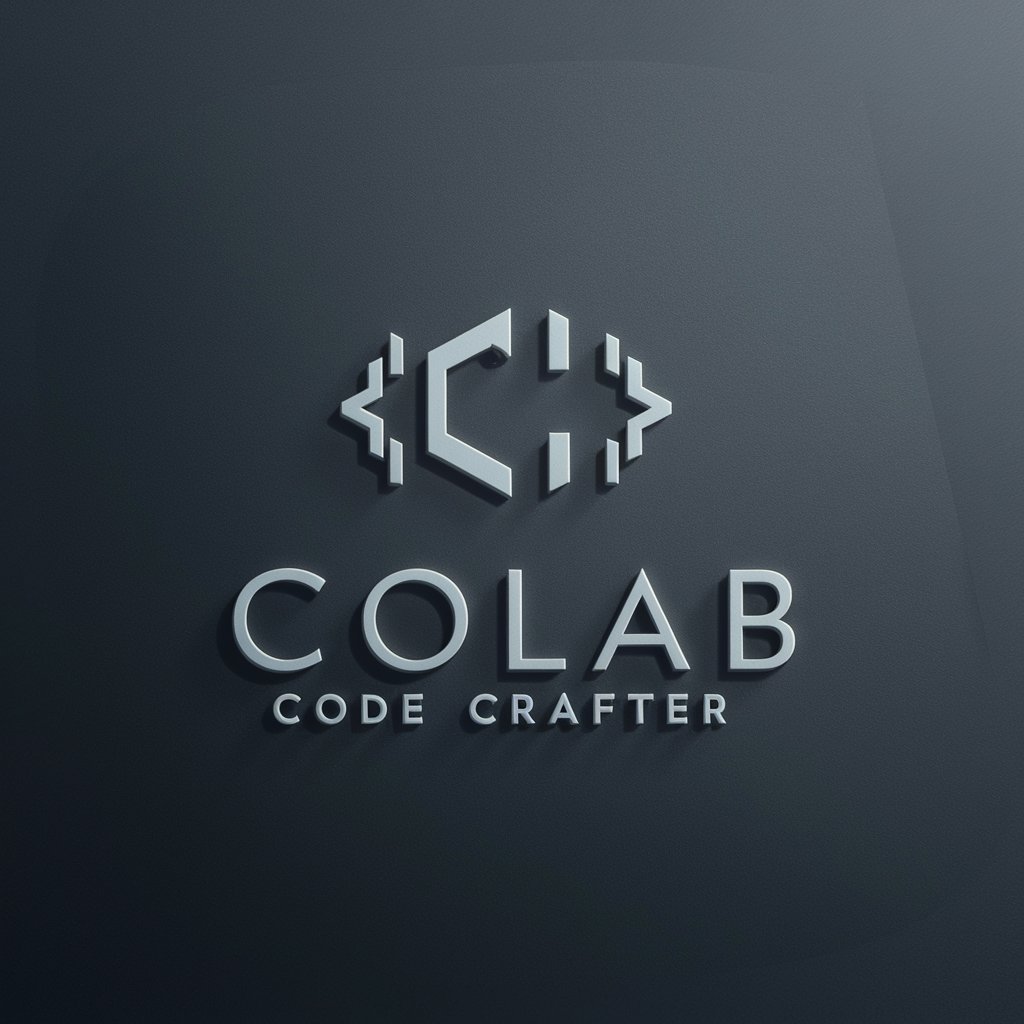
ChatPDF
Unlock insights from any document, powered by AI
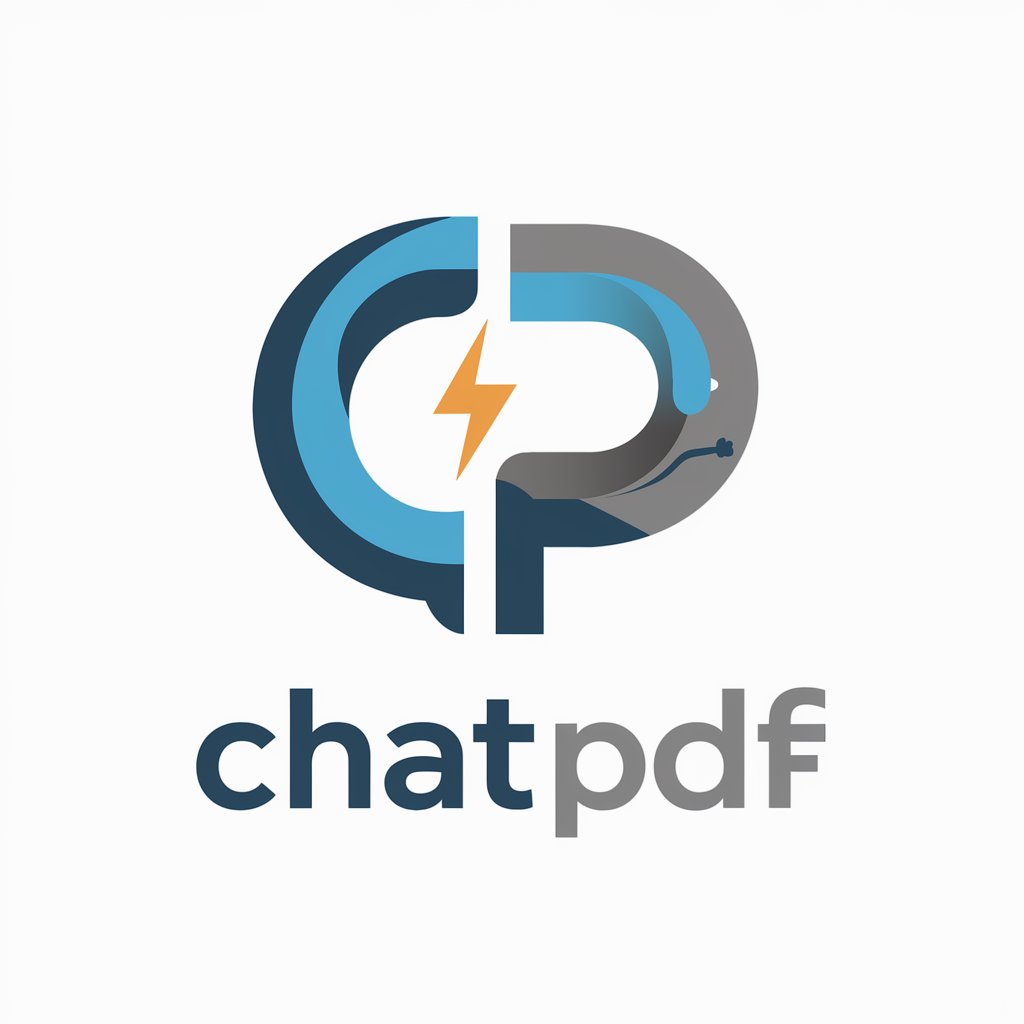
Direct-to-Consumer Copy Writing Lab
Empower Your Product Descriptions with AI
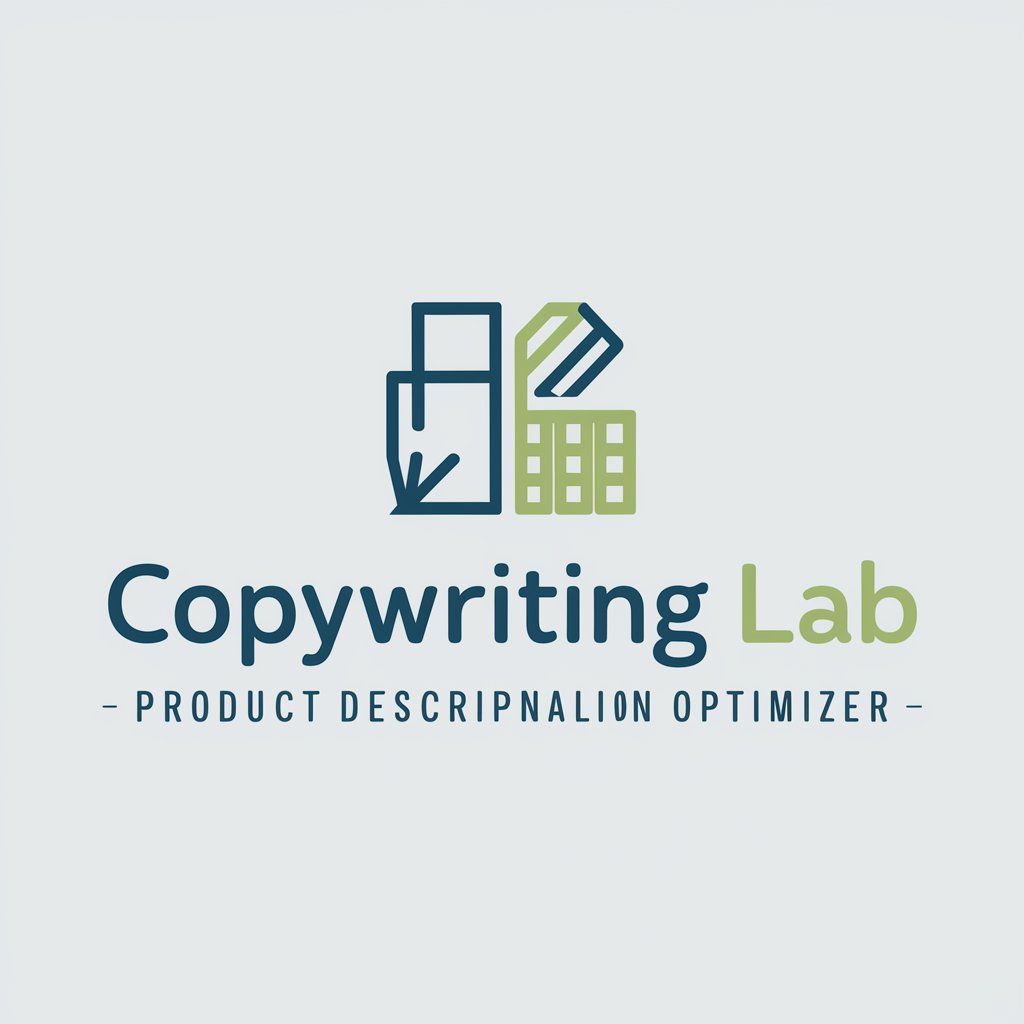
Tech SEO Guru
Elevate Your Site with AI-Driven SEO Insights
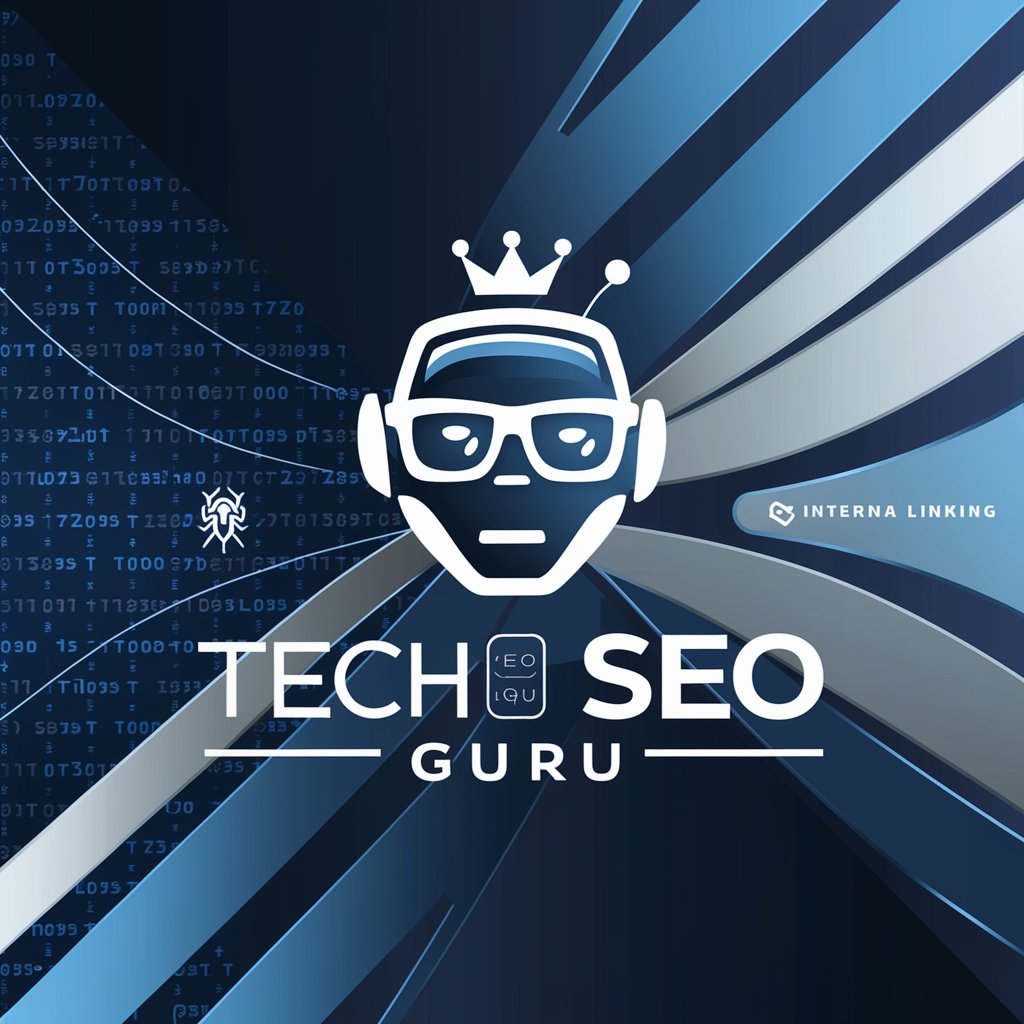
SEO Content Wizard.
Enhance Your Content with AI-Powered SEO Wizardry

Frequently Asked Questions about Semiconductor Scholar for Academic Editing
What types of documents can Semiconductor Scholar for Academic Editing handle?
The tool is specialized for academic manuscripts, particularly in the field of semiconductor research, and can handle formats like PDF and DOCX.
How does this tool specifically aid in semiconductor research editing?
It focuses on correcting grammatical errors, enhancing scholarly tone, and improving logical flow, with particular emphasis on the technical language and concepts prevalent in semiconductor research.
Can Semiconductor Scholar for Academic Editing help with non-English manuscripts?
Currently, the tool is optimized for English-language manuscripts, ensuring precision in grammar and technical terminology in English.
Is the tool suitable for editing research proposals or only for research papers?
It's versatile enough to be used for a variety of academic documents, including research papers, proposals, and even thesis chapters related to semiconductor studies.
How does the tool handle data and technical diagrams in manuscripts?
While the tool excels in textual editing, handling of data and technical diagrams should be manually reviewed, as the AI focuses primarily on text-based content.
